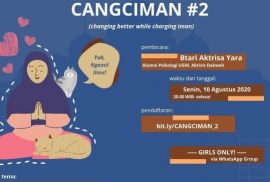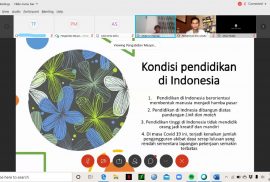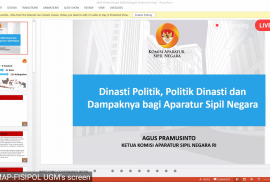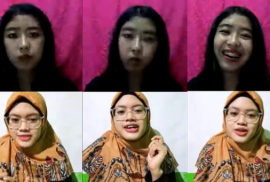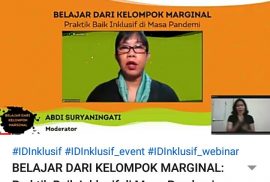Yogyakarta, 10 Agustus 2020—Jamaah Muslim Fisipol UGM is back with the second CHANGCIMAN (Changing better while charging iman) on Sunday night (10/8). The event was themed “Self Love VS Insecurity” which was held through the Whatsapp Group platform and was only open for women. Btari Aktrisa Yara, an alumni from UGM Psychology Department as well as a dakwah activist, is a speaker in this discussion. The event started at 8 pm and was moderated by Lina, a PSdK 2018 university student.
After introducing the speaker, the moderator allowed the speaker to start talking about the material. In her elaboration, Btari explained the link between insecurity and self love. However, before going further into the topic, she first talked about the definition of each term. According to her, insecurity is a basic emotion that shapes our self image and our attitude. A survey found that 60% of women have self deprecating thoughts at least every week.

